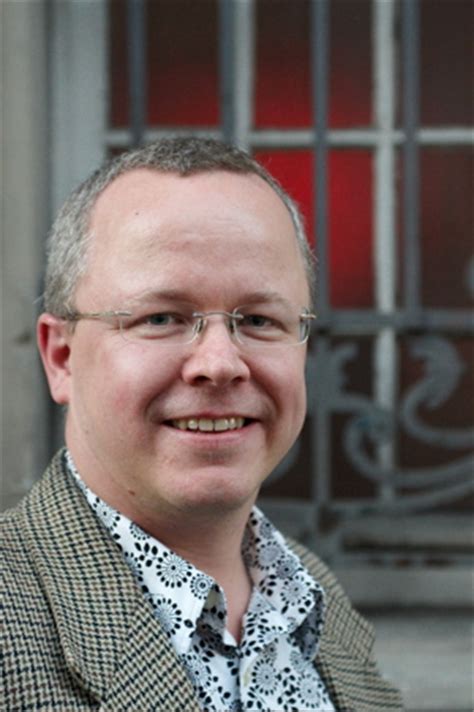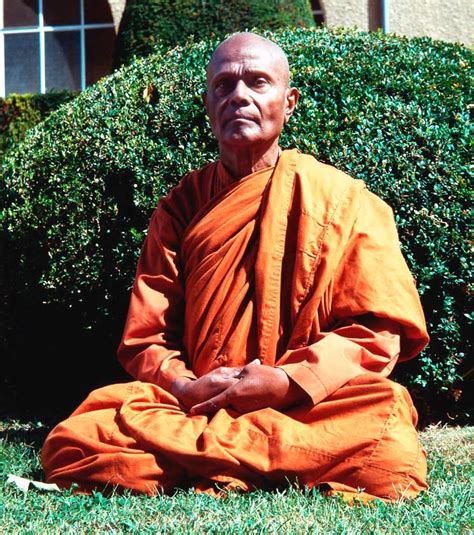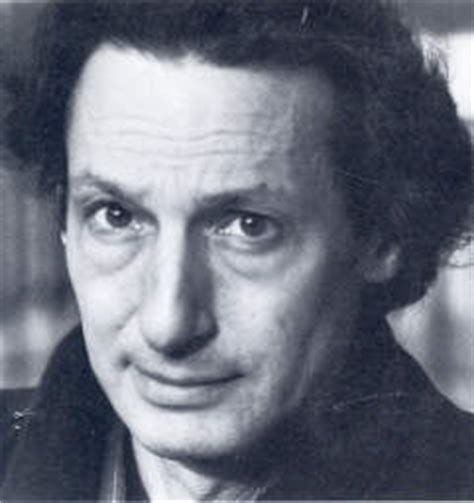A Quote by Frederick Lenz
The samsara is the sense of self. I've had past experiences. I'm aware of the moment. I will have future experiences.
Quote Topics
Related Quotes
To do this, you can bring in nothing from the past. So the more psychology you've studied, the harder it will be to empathize. The more you know the person, the harder it will be to empathize. Diagnoses and past experiences can instantly knock you off the board. This doesn't mean denying the past. Past experiences can stimulate what's alive in this moment. But are you present to what was alive then or what the person is feeling and needing in this moment?
Our behaviour as an athlete is often determined by our previous experiences and how we dealt with those experiences. It is these experiences from past performances that can often shape what will happen in the future. It is for this reason that you learn and move on to be more mentally stronger as both an athlete and as a human!
Whether you are aware of them or not, whether you recognize them as spiritual or not, you probably have had the experiences of silence, or transcendence, or the Divine-a few seconds, a few minutes that seem out of time; a moment when the ordinary looks beautiful, glowing; a deep sense of being at peace, feeling happy for no reason. When these experiences come...believe in them. They reflect your true nature.
I believe life experiences are what an actor needs to relate to the character roles they take on, and to say the least, I've had many experiences leading up to this moment. Not only have my experiences become a tremendous asset in my acting, but also they helped me discover who I am and who I want to be.
If the universe is a non-spatial computer, a 'time machine' is a program that allows a user to have the same (ontologically non-spatial) feelings or experiences that occurred or s/he merely feels to have occurred in the past, with an in-built function to have different feelings or experiences than those of the past, and thus creating a possibility to change the past or to rewrite history in a pseudo sense.
Historians constantly rewrite history, reinterpreting (reorganizing) the records of the past. So, too, when the brain's coherent responses become part of a memory, they are organized anew as part of the structure of consciousness. What makes them memories is that they become part of that structure and thus form part of the sense of self; my sense of self derives from a certainty that my experiences refer back to me, the individual who is having them. Hence the sense of the past, of history, of memory, is in part the creation of the self.
All our thoughts and concepts are called up by sense-experiences and have a meaning only in reference to these sense-experiences. On the other hand, however, they are products of the spontaneous activity of our minds; they are thus in no wise logical consequences of the contents of these sense-experiences. If, therefore, we wish to grasp the essence of a complex of abstract notions we must for the one part investigate the mutual relationships between the concepts and the assertions made about them; for the other, we must investigate how they are related to the experiences.
No individual can be in full control of his fate-our strengths come significantly from our history, our experiences largely from the vagaries of chance. But by seizing the opportunity to leverage and frame these experiences, we gain agency over them. And this heightened agency, in turn, places us in a stronger position to deal with future experiences, even as it may alter our own sense of strengths and possibilities.
I'm aware of narrating certain experiences as they happen or obliterating those experiences with narrative and then those stories - not the experiences themselves - might become material for art. This kind of transformation shows up a lot in 10:04 because the book tracks the transposition of fact into fiction in the New Yorker stor
We believe that the possibility of the future far exceeds the accomplishment of the past. We review the past with the common sense, but we anticipate the future with transcendental senses. In our sanest moments we find ourselves naturally expecting or prepared for far greater changes than any which we have experienced within the period of distinct memory, only to be paralleled by experiences which are forgotten.


































